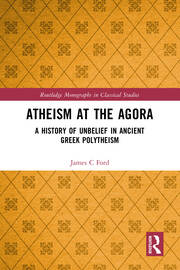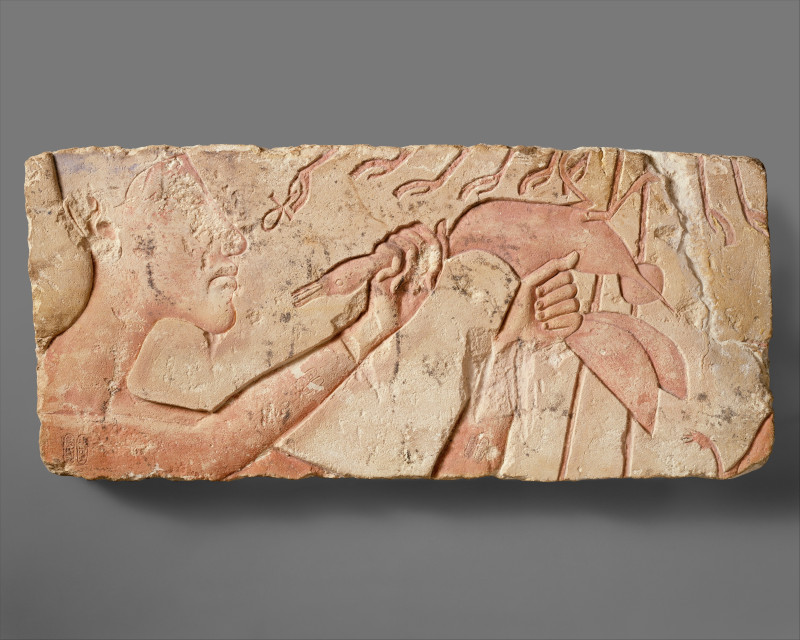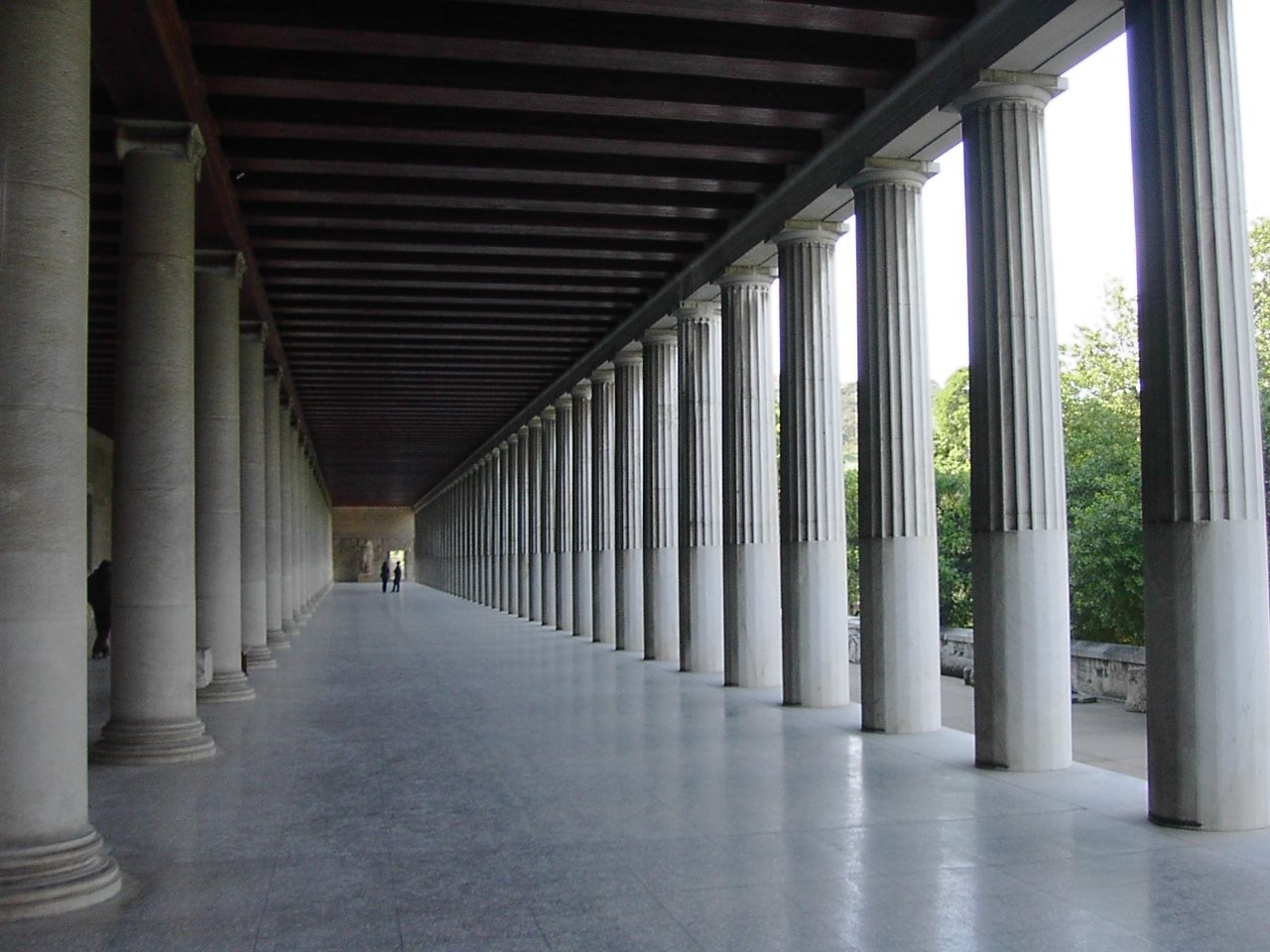Atheism at the Agora (I): scope
In celebration of the publication of Atheism at the Agora: A History of Unbelief in Ancient Greek Polytheism (11th August 2023), the author Dr James C. Ford offers a series of discussions on methodology, sources, and other issues in the study of the history of atheism.
For more about Atheism at the Agora and for purchase links, click here.

The publication of Atheism at the Agora represents the first major output from my 10+ year study of the history of atheism in ancient Greece. It is not an exhaustive study, but a fresh start and a foundation, defining terms, significance, scope, and themes in the history of atheism in Greece. My aim, and the aim of the book, is to clear the way for a new understanding of atheism and a series of projects and publications in the field of ancient atheism. This series of posts will include some brief reflections and a taste of unreferenced sources and unused thoughts as part of that process that are unlikely to ever see publication in another form.
In this first post I will give some insight into the scope of my study and why I chose to look at the different component parts and subjects as I do in Atheism in the Agora. By 2013 I had realised that the study of historical atheism had been been limited most by subscription to a received wisdom about the scope, definition, and meaning of ‘atheism’, as I talk about in the Introduction. Any new study of ancient atheism would have to start with a social, cognitive, and philosophical study of atheism more generally, to unpick a long and chequered history of thought on the subject and an awareness of my own context (in English scholarship). That study was exciting and gratifyingly perspective-changing, covering everything from Akhenaten to the New Atheists, and yielded (largely unused) notes in the millions.

Metropolitan museum of Art.
Shaping atheism
I started with an awareness that I wanted to cover two main things:
- Philosophy and theology. Rather than the beliefs of atheists, I knew that I wanted to look at a history of ideas.
- Social implications. In the beginning I imagined that this would look like a discussion of individual punishments for atheism, but I gradually evolved my focus into the social role of the notion of atheism in the ancient city.

H. P. Mendes (1904) The Earl of Beaconsfield..
It quickly became clear that there was far more to understanding atheism than these two factors.
Dip into almost any period of history or context in which there is a significant religious turmoil or change, and there is concern to protect religious education against atheism. Various sources record the concern of Julian (the Apostate; Roman emperor from 361-3 AD) with protecting Hellenic religious education from Christian atheism towards the polytheistic Roman (and Greek) gods.
Those who refused to sacrifice to the gods, although perfectly blameless in other respects, were deprived of the rights of citizenship, and of the privilege of participating in assemblies, and in the forum; and he would not allow them to be judges or magistrates, or to share in offices.
He forbade the children of Christians from frequenting the public schools, and from being instructed in the writings of the Greek poets and authors. He entertained great resentment against Apolinarius the Syrian, a man of manifold knowledge and philological attainments, against Basil and Gregory, natives of Cappadocia, the most celebrated orators of the time, and against other learned and eloquent men, of whom some were attached to the Nicene doctrines, and others to the dogmas of Arius. His sole motive for excluding the children of Christian parents from instruction in the learning of the Greeks, was because he considered such studies conducive to the acquisition of argumentative and persuasive power.
Sozomen, Ecc. Hist. 5.18
Julian wanted to restrict access to Hellenic education from those who did not believe in or engage in ritual worship of the gods; according to Theodoret (Ecc. Hist. 3.4) this was actually Julian’s first priority in his reforms against the Christians.

Copper Engraving from Giovanni Battista Cavalieri (1583) Romanorum Imperatorum effigies, in the Municipal Library of Trento.
Another thing that came up repeatedly was worrying about the morality of atheists. Liberal empiricist and influential Enlightenment thinker John Locke (1632-1704) wrote that “promises, covenants, and oaths, which are the bonds of human society, can have no effect on an atheist” (1689 ‘Toleration’: L 71, 52), and so the state should not tolerate them. The abolitionist and ‘great agnostic’ Robert Ingersoll described the enduring attitude towards unbelievers in America by the late nineteenth century:
‘[t]o live a moral and honest life… was simply a respectable way of going to hell. God did not reward men for being honest, generous and brave, but for the act of faith. Without faith, all the so-called virtues were sins…’
Ingersoll, R. (1896 ‘Why I am an Agnostic’) 2
I have been (and remain) unconvinced by the analytical and descriptive value of ‘agnosticism’ – as conceived of by Thomas Henry Huxley in 1869. My study confirmed the suspicion that there was more to it. I observed the importance of beliefs about mystery and knowledge as a central axis for both belief and unbelief: mystery and unknowability can justify atheism but also, in the form of riddle, paradox, and hidden meaning, they can very effectively express divinity and deathless power, defying human comprehension.
I am the hearing which is attainable to everyone,
Thunder: Perfect Mind, Nag Hammadi Library (2nd/3rd C AD)
and the speech which cannot be grasped.
I am a mute who does not speak,
and great is my multitude of words.
I am the name of the sound
and the sound of the name.
I am the sign of the letter
and the designation of the division
Too much mystery and the gods seemed unreal, inaccessible, and ethereal; distant like the god of a deist, and functionally indistinguishable from atheism to many. Too much certainty and the gods seem too knowable; too human, predictable, and less divine; a view which can seem reductive and arrogant.
Wrapping up
Looking at each of these individually you can see how they shaped the final chapter list, but I found it difficult to delineate them from one another – how do you separate concerns about the morality of atheists from beliefs about the goodness of gods vs humans; or beliefs about the importance of teaching beliefs from suspicions of teachers of belief? Together they form a picture that feels coherent. I think that this is a good sign for any study, but you can judge for yourself by reading Atheism at the Agora: A History of Unbelief in Ancient Greek Polytheism (publication 11th August 2023)


